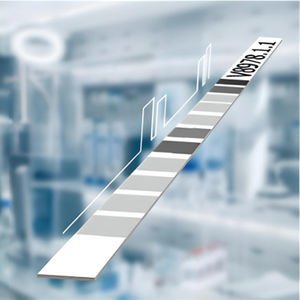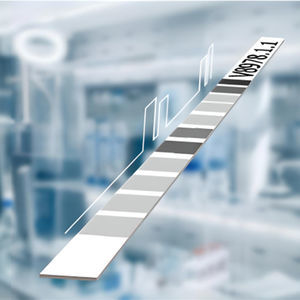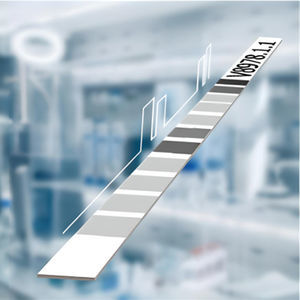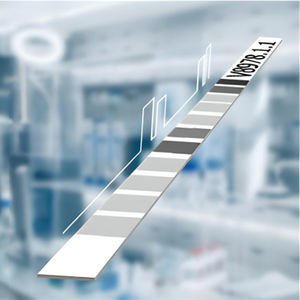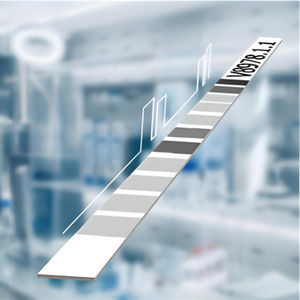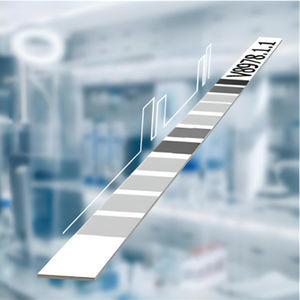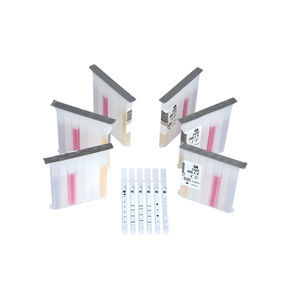
Autoimmune disease test kit Anti-Phospholipid 10 DotIgGIgMphospholipids

Add to favorites
Compare this product
Characteristics
- Applications
- for autoimmune diseases
- Tested parameter
- IgG, IgM, phospholipids
- Sample type
- serum
- Analysis mode
- immunoassay, line immunoassay
- Result display time
55 min
Description
The Anti-Phospholipid 10 Dot is a qualitative line immunoassay for the determination of IgG or IgM antibodies against phospholipids and serum proteins in human serum. The Anti-Phospholipid 10 Dot is intended as an aid in the diagnosis of anti-phospholipid antibody syndrome (APAS) in conjunction with other clinical and laboratory findings. The immunoassay is designed for manual professional in vitro diagnostic use.
Diagnostic Relevance
Anti-phospholipid antibody syndrome (APAS), an autoimmune disorder evident by clinical symptoms such as thrombocytopenia, arterial (venous) thrombosis, and recurrent foetal loss, as well as systemic lupus erythematosus (SLE), is characterized by the presence of autoantibodies reactive to negatively charged phospholipids.
The detection of such autoantibodies is well established and plays an essential role in the diagnostics of systemic autoimmune diseases.
In autoimmune patients, phospholipid antibodies seem to recognize phospholipids associated with plasma protein cofactors, e.g. ß2 glycoprotein-I (ß2 GP-I), a serum protein with a molecular weight of ca. 50 kDa, that affects platelet aggregation and coagulation. Negatively charged phospholipids such as Cardiolipin interact with the positively charged fifth domain of ß2 GP-I, an interaction that leads to conformational changes of the protein and the creation of new epitopes recognized by autoimmune phospholipid autoantibodies. In other words, anti-cardiolipin antibodies are commonly used for the diagnosis of APAS. Antibodies to the other phospholipids are especially used for the differential diagnosis, if anti-cardiolipin antibodies are negative.
VIDEO
Catalogs
No catalogs are available for this product.
See all of MEDIPAN GmbH‘s catalogsRelated Searches
- Assay kit
- Blood assay kit
- Serum assay kit
- Immunoassay assay kit
- Plasma assay kit
- Infectious disease detection kit
- Rapid lateral flow test
- Immunoassay rapid diagnostic test
- Clinical assay kit
- Lateral flow test kit
- ELISA assay kit
- IgG test kit
- Strip detection kit
- Bacteria rapid diagnostic test
- Laboratory detection kit
- Nasopharyngeal assay kit
- Rapid feces test
- Antibody assay kit
- Immunofluorescence test kit
- Feces test kit
*Prices are pre-tax. They exclude delivery charges and customs duties and do not include additional charges for installation or activation options. Prices are indicative only and may vary by country, with changes to the cost of raw materials and exchange rates.



